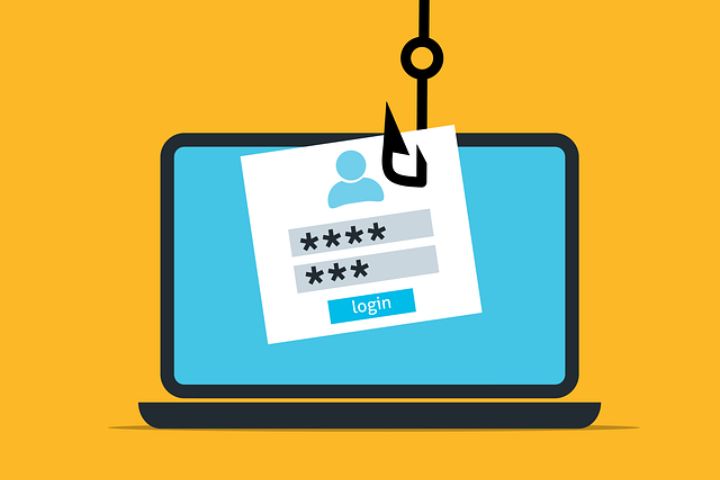Phishing: How To Defend Yourself Against These Computer Attacks? (2022)

Phishing or ” identity theft ” is a method to deceive the user who surfs the Internet . It is intended for you to share passwords, credit card numbers, and other sensitive information by posing as a trusted institution in an email message or phone call .
Phishing is a crime , since it consists of tricking people into sharing confidential information and taking advantage of it. An example of this is knowing their credit card numbers and then stealing and taking money from the victim .
Table of Contents
How Do They Deceive The Victims?
The most common phishing tactic is that victims receive an email or SMS message that impersonates a trusted person or organization. They are usually passed through a co-worker, a bank or by government institutions . When the victim opens the email or text message, she finds a message intended to weaken her judgment by instilling fear and frightening her. Typically, the message demands that the victim go to a website and act immediately or there will be some negative consequence.
If a user clicks on the link, they are sent to a website that is an imitation of the legitimate one . From here, you are prompted to sign in with your username and password credentials. If you do, the login information reaches the attacker , who uses it to steal identities, plunder bank accounts, and sell personal information on the black market.
How To Recognize A Phishing Attack
Recognizing a Phishing attempt is a complicated task, especially for those users who are not so familiar with the technologies. Here are some tips so you can see if it is a Phishing attempt and distrust that action:
Phishing attacks often use fear to cloud their reasoning, so you should trust your intuition and not be carried away by fear.
Be wary of emails that make an offer too good to be believed . Beware of emails and SMS that tell you that you have won the lottery, an expensive prize, or something else of very high value.
Recognize the sender :
Even if you know the sender’s name, be suspicious if it’s someone you don’t normally communicate with , especially if the content of the email has nothing to do with a job. Examples of this are being emailed to people you don’t even know, or a group of colleagues from departments you don’t have a relationship with.
The message sounds scary :
You should be careful if the email has alarmist language, urging you to click. It is important to remember that the responsible organizations do not request personal details over the Internet.
The message contains strange links :
First, hover over the link to see the actual URL. Be alert if you find subtle misspellings on a familiar website, because it indicates a fake . It is recommended to directly type the URL instead of clicking on the embedded link.
Also Read : WhatsApp Bot






